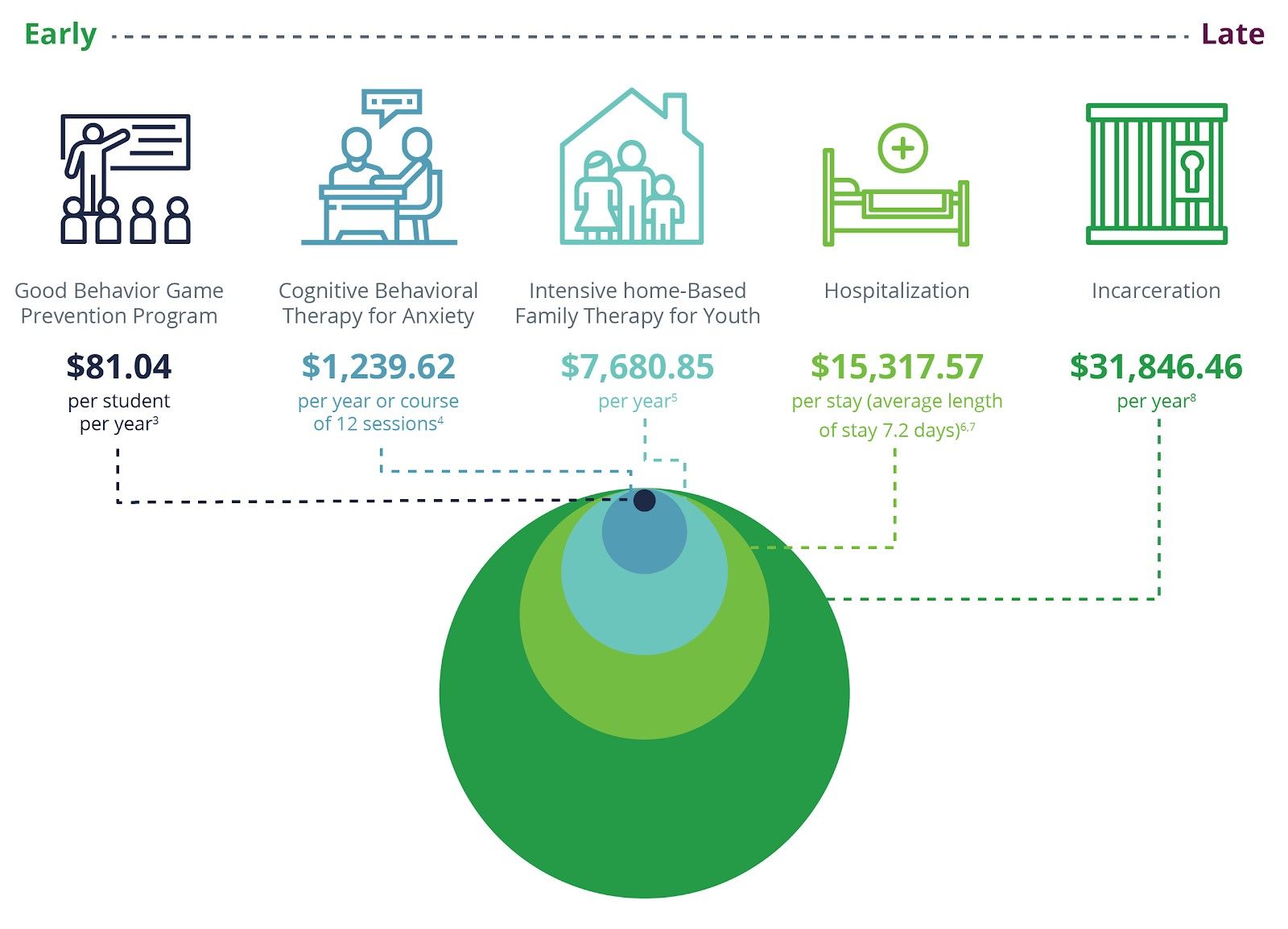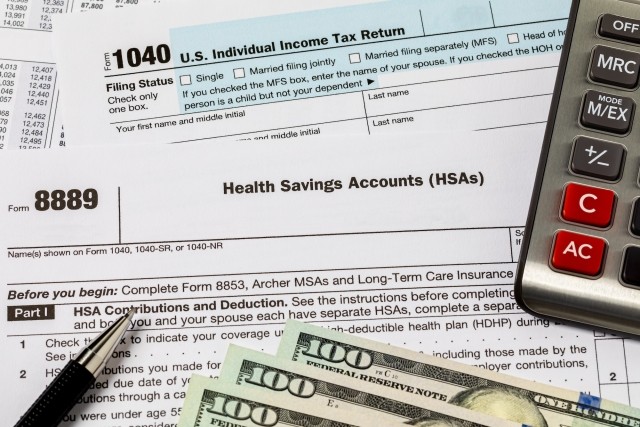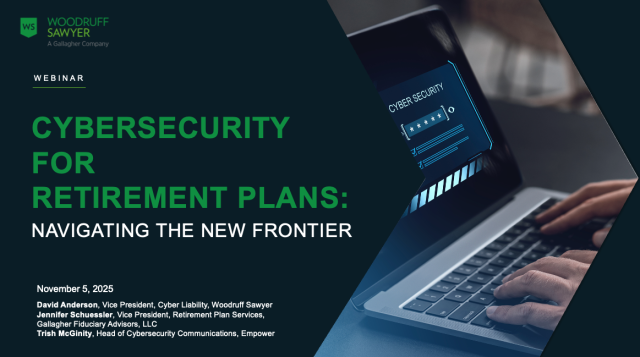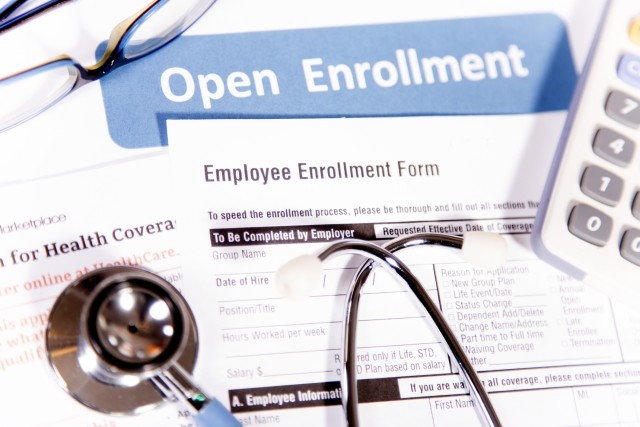Blog
Mental Health for the Holidays: Supporting Your Employees
As if your everyday life isn't stressful enough, the holidays add more commitments to your full schedule. Work parties, family gatherings, travel, and heightened expectations can lead to holidays that are less than joyful.
Mental health experts agree that holidays can add extra stress. Reports from the American Psychological Association noted that stress levels rise 38% during the holidays and the Principal Group's study reveals that over half of their survey respondents felt financially stressed at this time of year, even if they had a budget.
While anticipating stress isn't good for your health, preparing a game plan to make life easier for you and your family will reduce your anxiety. And if you have employees, co-workers, or family members with signs of mental health issues, you may need additional tools to get them through this time of year and beyond.

Mental Health Issues are Pervasive Year-Round
Mental health issues affect 20% of US adults, with 1 in 25 experiencing serious mental health issues each year. Suicide is the second leading cause of death in people aged 10 to 34, making it vital to identify risk factors and provide assistance to those with emergent needs.
The cost of treating mental health issues skyrockets the longer the issues remain undiagnosed or untreated. For example, according to Mental Health America, a "Good Behavior Game" that teaches positive skills at a young age costs a little over $80 per student. Working on these skills during childhood is more affordable, while waiting for symptoms like anxiety or illness to manifest in adolescence or adulthood becomes much more expensive, ranging from $7,700 per family per year to $15,000 for hospitalization. Given that employers pay the costs of health insurance and employee productivity losses, it is worthwhile for organizations to provide resources to their employees throughout the year.

Mental Health First Aid
Given the pervasiveness of this societal issue, Mental Health First Aid (MHFA) was developed to help people better understand and assist those in need. MHFA is an eight-hour international training program that uses research-based evidence to help participants identify people with potential mental health issues in their personal, workplace, or social interactions.
Peer-reviewed studies prove that those trained in MHFA can grow their knowledge of mental health signs and risk factors, help identify resources, improve their ability to help others, and personally experience improved mental health.
MHFA use the ALGEE five-step action plan to provide first aid to those in need:
- Assess for risk of suicide or harm
- Listen non-judgmentally
- Give reassurance and information
- Encourage appropriate professional help
- Encourage self-help and other support strategies
Ideally, Mental Health First Aid will become as commonplace as CPR. MHFA is partially funded by the Substance Abuse and Mental Health Services Administration, a division of the Department of Health and Human Services and they have trained more than one million people in the US. Their website provides free resources or you can contact them for onsite training.
If you're concerned that someone is experiencing depression, MHFA suggests looking for these signs and get assistance:
- An unusually sad mood
- Loss of enjoyment and interest in activities that used to be enjoyable
- Lack of energy and tiredness
- Feeling worthless or feeling guilty, though not really at fault
- Thinking often about death or wishing to be dead
- Difficulty concentrating or making decisions
- Moving more slowly or sometimes becoming agitated and unable to settle
- Having sleeping difficulties or sometimes sleeping too much
- Loss of interest in food or sometimes eating too much
- Changes in eating habits that may lead to either weight loss or weight gain
Seasonal Mental Health: Is Holiday Stress Unique?
Is there something about the end of the year that makes holidays particularly stressful, worthy of an SNL skit or commercial parody? Is there a better way to handle the family, work, and financial stress that seems to peak during the last few weeks of the year?
Researchers at Harvard tell us that our ability to shift focus is part of the executive function of our brain, allowing us to plan, organize, make decisions, and respond to ever-changing challenges in our daily environment. While we may be able to handle our maximum load of decision-making during our busy normal lives, during the holidays we perceive a new kind of stress: an "acute reaction to an immediate threat." Our brains are trying to handle the uncertainty of the holidays (travel, shopping, celebrating) while still managing the executive decision-making of our daily lives (commuting, clients, and deadlines). That is why many of us feel a relief (or depression) after the holidays; the acute, immediate, holiday stress is over.
What are some of the most common holiday stressors and how can you handle them positively?
There's too much to do! With today's technology and online shopping alternatives, it's not hard to let your fingers do the shopping and avoid the crowds. Make sure you prioritize your list, group tasks, and watch for porch pirates who love home delivery. Holidays are a time of uncertainty, so make your travel plans in advance and prepare for potential pitfalls of holiday travel.
This is expensive! Consumer culture and billions in advertising tempt us to overspend, making us dread the January credit card statement. Think about offering experiences instead of things. A dinner out, concert or day trip might be just the thing for the family member who wants to spend more time with you.
This isn't like the old days. Expectations can be hazardous to your mental health. Grandma may not be up to cooking her famous turkey and oyster stuffing this year, so think about a pre-cooked turkey from your local supermarket to give you more valuable time with your family members.
Another family dinner? Everyone has family challenges, but if there is an abusive situation waiting for you, declare your boundaries. If it is just an annoying relative or two, it might be your chance to try mindfulness or yoga breathing to keep you from losing your cool.
I feel lonely during the holidays. There is a world of people who need help, so now might be the time to volunteer. Or if you are a fitness junkie, look for a holiday fun run or polar bear splash to share with like-minded people.
It's too crowded. Today's apps can tell you where there's traffic, when the best time to leave, and where you should avoid. If you still find yourself stuck at a mall, practice humor and stay centered.
What Can Employers Do to Support Mental Health During the Holidays?
ACA-compliant, traditional health insurance plans will include mental health benefits. It never hurts to remind employees of these benefits, especially around the holiday season when stress levels run high.
Employee Assistance Plans (EAP) are another way to help employees with personal or work-related problems that cause additional stress. EAPs offer confidential phone and/or face-to-face appointments that can help employees over a short-term crisis and help give them options for long-term support.
Communication is key to awareness. Posters, marketing collateral, and benefit guides all provide information on how employees can access these valuable resources. Remind your staff of the availability of these mental health resources so they know how to access them when needed.
Stay Positive Through the New Year
There's no doubt that each new year will hold surprises for all of us. Making sure your benefit plans are on point will help make the holidays more enjoyable for everyone. If you're curious how to offer expanded mental health benefits to your team, contact Woodruff Sawyer for a plan review before the holidays sweep you into a busy new year.
Author
Table of Contents










